H.R. 1569: Contraband Awareness Technology Catches Harmful Fentanyl Act
This bill, known as the Contraband Awareness Technology Catches Harmful Fentanyl Act or the CATCH Fentanyl Act, aims to establish a pilot program to assess the use of advanced technologies for enhancing the inspection process at land ports of entry along the U.S. borders.
Overview of the Pilot Program
The Secretary of Homeland Security, coordinating with various departments, will launch pilot projects within one year of the bill's enactment. These projects will focus on testing and evaluating new technologies designed to:
- Improve the efficiency of cargo inspections;
- Assist U.S. Customs and Border Protection (CBP) personnel in detecting contraband, illegal drugs, weapons, and human smuggling;
- Utilize nonintrusive inspection technologies, such as X-ray or gamma-ray imaging equipment, to allow inspections without opening transport vehicles.
Technology Testing Requirements
The pilot projects will involve at least five types of nonintrusive inspection technology enhancements. These could include:
- Artificial Intelligence (AI)
- Machine learning
- High-performance computing
- Quantum information sciences
- Other emerging technologies
The objective is to identify the most effective technologies to enhance detection capabilities, increase inspection efficiency, and reduce wait times at U.S. borders.
Data Privacy Protections
The bill emphasizes the importance of protecting data privacy during the implementation of these technologies. This includes:
- Compliance with relevant privacy laws and regulations;
- Data anonymization techniques;
- Regular audits to ensure adherence to privacy standards.
Reporting and Assessment
After three years of operation and 180 days following the conclusion of the pilot projects, the Secretary of Homeland Security is required to submit a report to Congress. This report will analyze:
- The effectiveness of the tested technologies;
- Recommendations for utilizing successful technologies across all land ports of entry;
- A list of existing technologies currently used for inspections;
- Performance measures of the new systems compared with the current processes.
Impact on Existing Infrastructure
The pilot projects should work with existing inspection systems already implemented by CBP, and the goal is to integrate new technologies into the current workflows, addressing the limitations of older detection equipment.
Prohibition of Additional Appropriations
The act clarifies that no new funds will be authorized for carrying out its provisions, indicating that any implementation will need to rely on existing budget allocations.
Termination of the Pilot Projects
The pilot projects will conclude five years after the enactment of the bill, after which an evaluation of their outcomes will be performed.
Relevant Companies
- BA (Boeing): As a major player in defense and aerospace, Boeing may be impacted due to potential contracts or technologies developed for border security inspections.
- RTX (Raytheon Technologies): Raytheon provides advanced security technologies that could be integrated into the new inspection systems.
- ISRG (Intuitive Surgical): The company specializes in robotics, which may find applications in automating inspections at ports of entry.
This is an AI-generated summary of the bill text. There may be mistakes.
Sponsors
22 bill sponsors
-
TrackClay Higgins
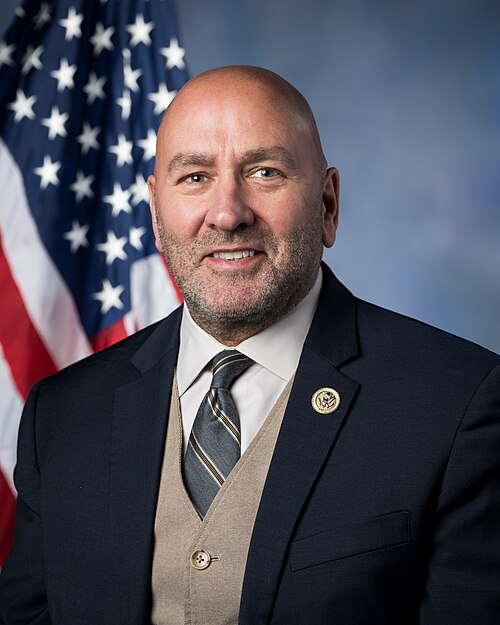
Sponsor
-
TrackMichael Baumgartner
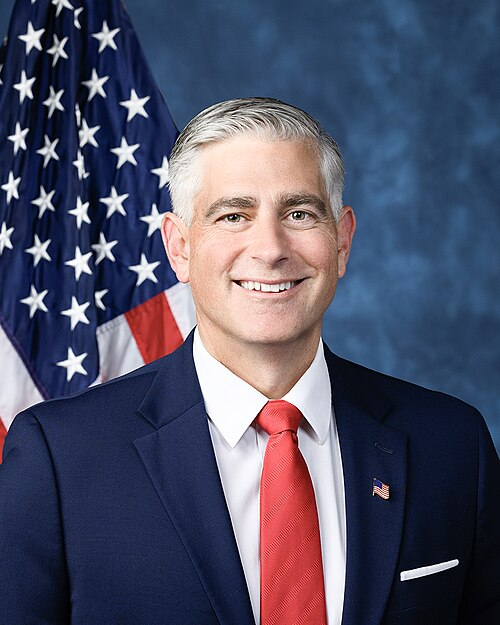
Co-Sponsor
-
TrackJanelle Bynum

Co-Sponsor
-
TrackKen Calvert

Co-Sponsor
-
TrackAngie Craig

Co-Sponsor
-
TrackDonald G. Davis

Co-Sponsor
-
TrackGabe Evans
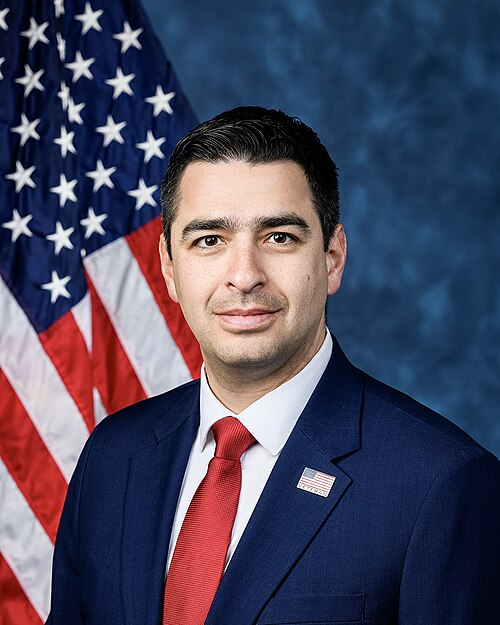
Co-Sponsor
-
TrackCleo Fields

Co-Sponsor
-
TrackRobert Garcia
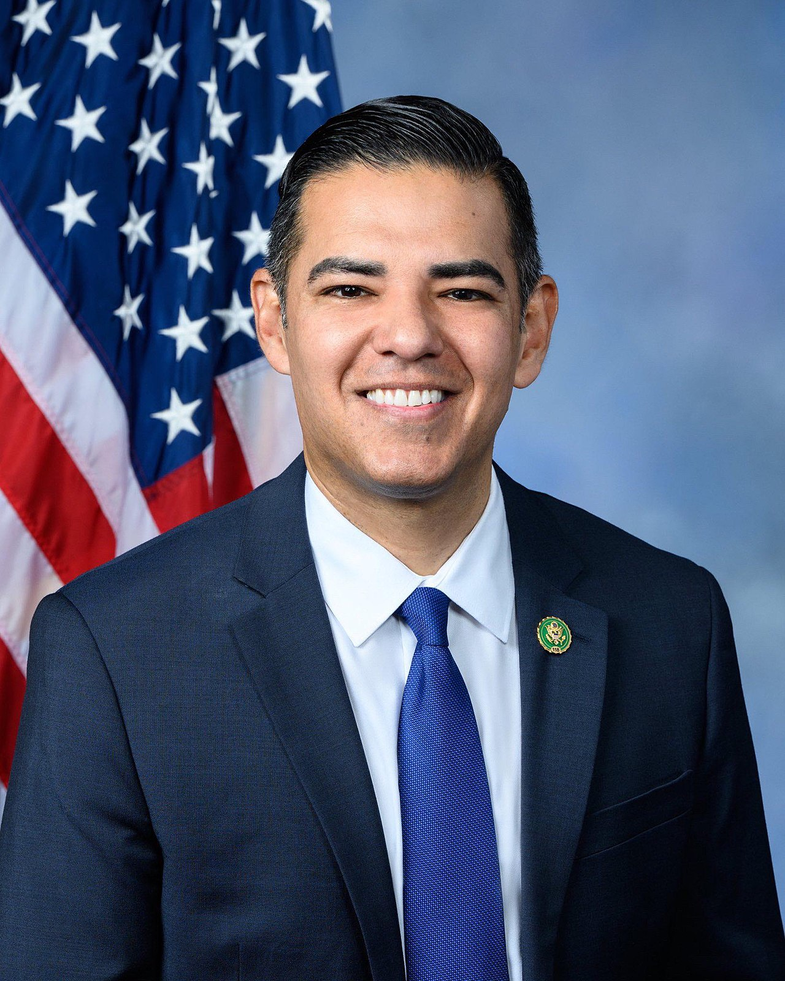
Co-Sponsor
-
TrackCarlos A. Gimenez

Co-Sponsor
-
TrackCraig Goldman

Co-Sponsor
-
TrackDaniel S. Goldman

Co-Sponsor
-
TrackJosh Gottheimer

Co-Sponsor
-
TrackMark E. Green
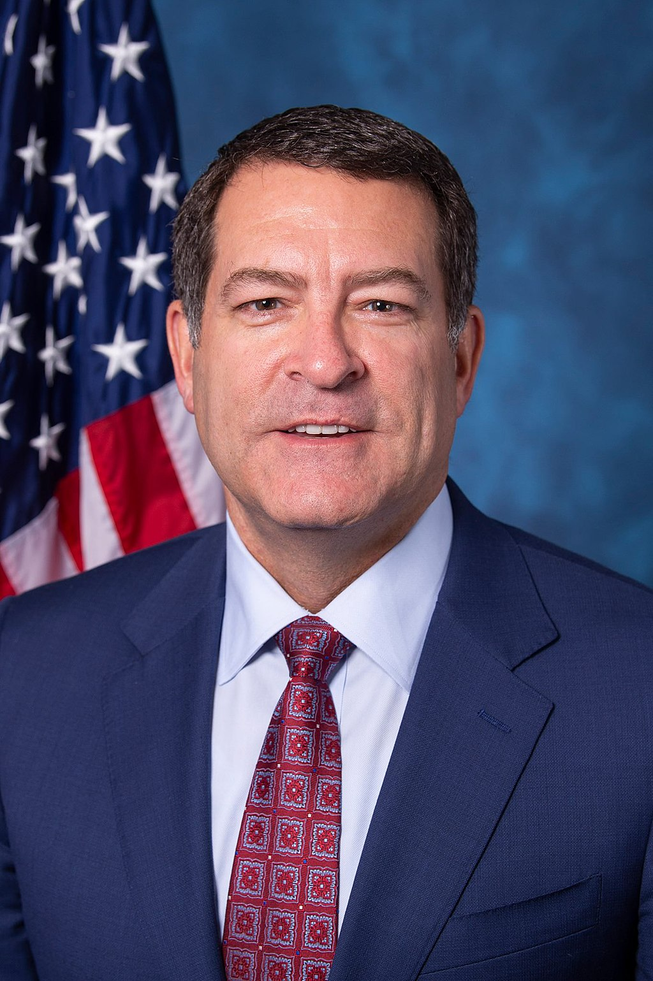
Co-Sponsor
-
TrackMichael Guest

Co-Sponsor
-
TrackMike Haridopolos

Co-Sponsor
-
TrackSeth Magaziner

Co-Sponsor
-
TrackAddison McDowell

Co-Sponsor
-
TrackDaniel Meuser

Co-Sponsor
-
TrackJared Moskowitz

Co-Sponsor
-
TrackJosh Riley

Co-Sponsor
-
TrackClaudia Tenney
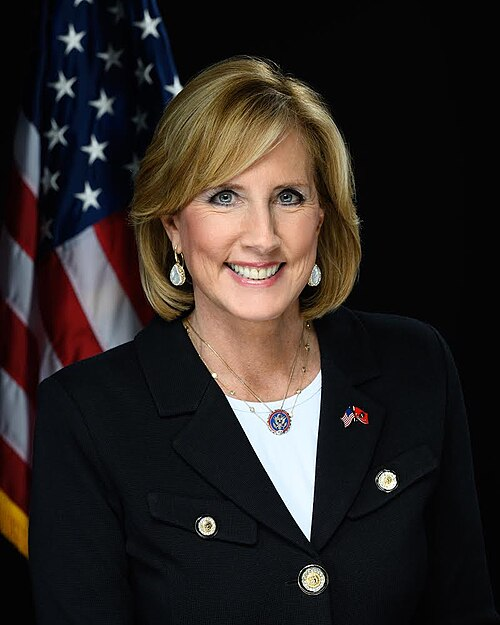
Co-Sponsor
Actions
8 actions
| Date | Action |
|---|---|
| Aug. 15, 2025 | Placed on the Union Calendar, Calendar No. 187. |
| Aug. 15, 2025 | Reported by the Committee on Homeland Security. H. Rept. 119-229. |
| Apr. 09, 2025 | Committee Consideration and Mark-up Session Held |
| Apr. 09, 2025 | Ordered to be Reported by Voice Vote. |
| Apr. 09, 2025 | Subcommittee on Border Security and Enforcement Discharged |
| Feb. 25, 2025 | Introduced in House |
| Feb. 25, 2025 | Referred to the House Committee on Homeland Security. |
| Feb. 25, 2025 | Referred to the Subcommittee on Border Security and Enforcement. |
Corporate Lobbying
0 companies lobbying
None found.
* Note that there can be significant delays in lobbying disclosures, and our data may be incomplete.















